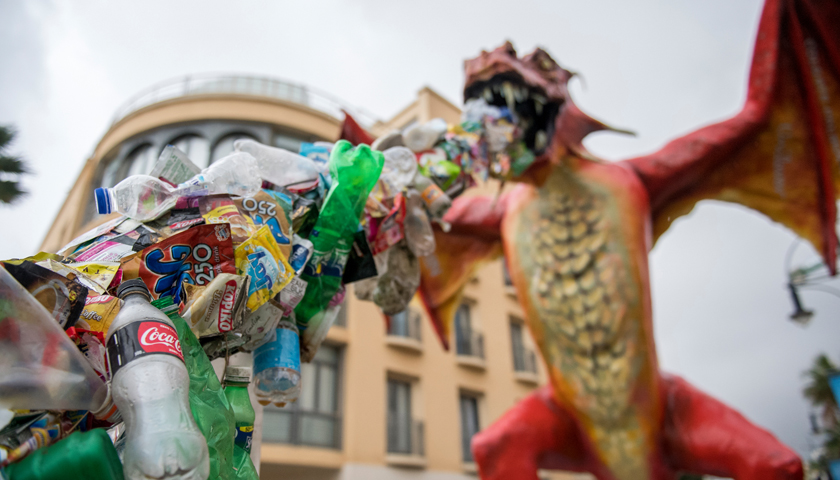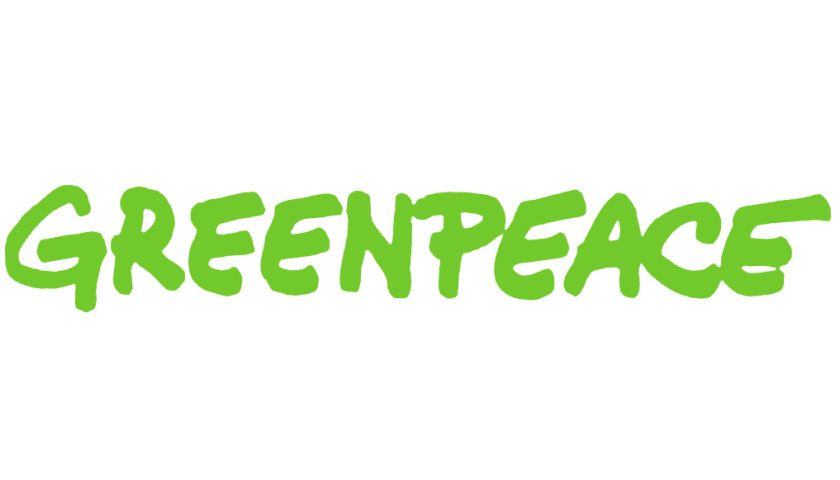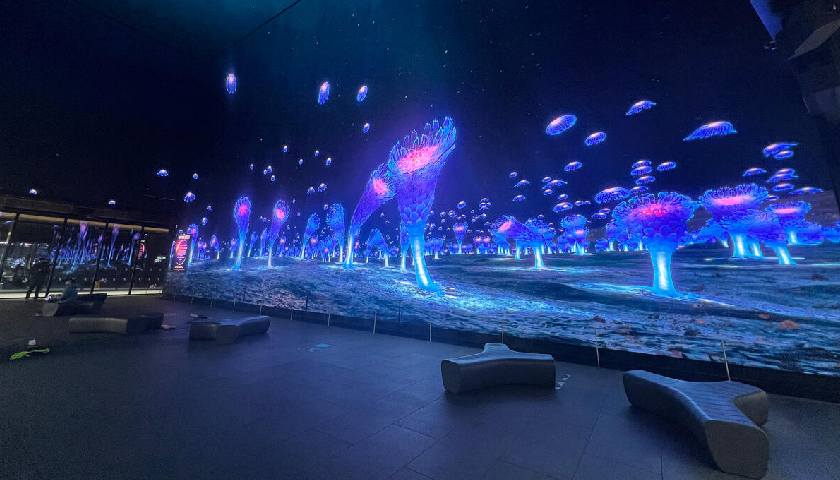Up to 12 million tonnes of plastic, often single-use items including packaging, enter the sea from land every year. With plastic production expected to increase, and waste management and recycling schemes failing to keep up, the problem needs to be tackled by the brands who are putting all this single-use plastic in circulation. ‘Our Ocean 2017’ is an opportunity for countries and companies around the world to start focusing on how to phase out single-use plastics instead of end-of-pipe solutions such as recycling or waste disposal.
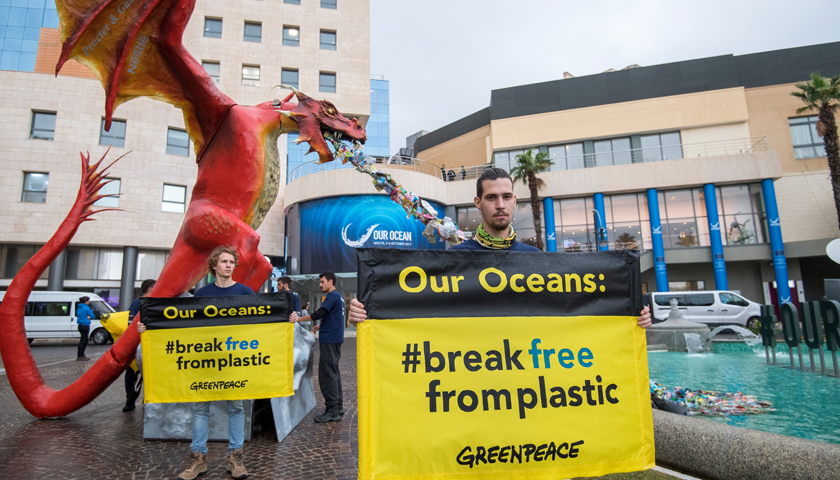
The Break Free From Plastic movement, including Greenpeace, is calling on local communities across the globe to join the movement and use the brand audit methodology when participating in beach cleanups to help identify the main global polluters. An eight-day beach clean-up or “brand audit” was successfully carried out in the Philippines involving a large number of volunteers this September. Now, brand audits have started in other countries, including Croatia, Spain and the Netherlands. Early results suggest globally recognised brands from global fast-moving consumer goods companies such as Nestlé, Unilever, Procter & Gamble, Colgate-Palmolive, PepsiCo, and Coca-Cola are among the top polluters. All data and details of the methodology can be viewed at http://plasticpolluters.org.
“The newly devised brand audit methodology, tested in several countries, is revealing that the worst plastic polluters are some of the biggest companies in the world — those are clearly the ones who need to take responsibility”, said Dr. Sandra Schöttner, Oceans & Plastics Campaigner, Greenpeace Germany. “Producing and using absurd amounts of single-use plastics day after day is clearly devastating for our oceans. The only solution is to stop this practice by developing alternative delivery models. We will never be able to recycle our way out of this crisis. Both governments and companies have to start phasing out the worst single-use plastics”.
EU institutions and Member States are currently revising their waste legislation and the Commission will publish a Strategy on Plastics in the Circular Economy by the end of 2017. According to Delphine Levi Alvares, coordinator of BFFP Europe, “This is a unique opportunity to address marine plastic pollution at source and help achieve the Sustainable Development Goals. We call on the EU Commission and Member States to agree an EU wide, binding marine litter reduction target and take legal measures to reduce significantly the use of single-use plastics and microplastics in the forthcoming Plastics Strategy. Indeed, the EU has placed prevention and reduction of waste at the top of their waste management hierarchy; our ocean survival depends on that commitment being transformed into action.”
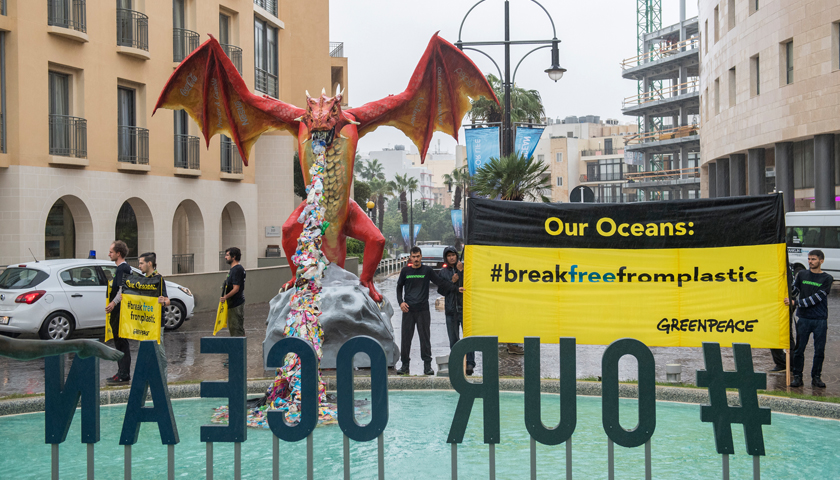
Greenpeace is part of BFFP, a global movement envisioning a future free from plastic pollution. “Since its launch in September 2016, over 900 non-governmental organizations from across the world have joined the movement to demand massive reduction in single-use plastics and lasting solutions to the plastic pollution crisis. These organizations share the common values of environmental protection and social justice, which guide their work at the community level and represent a global, unified vision,” said Von Hernandez, global coordinator of BFFP.
Beside Greenpeace, BFFP members include Zero Waste Europe, Surfrider Foundation, Oceana, Story of Stuff, Global Alliance for Incinerator Alternatives (GAIA) and Seas at Risk, among many others.
Links
